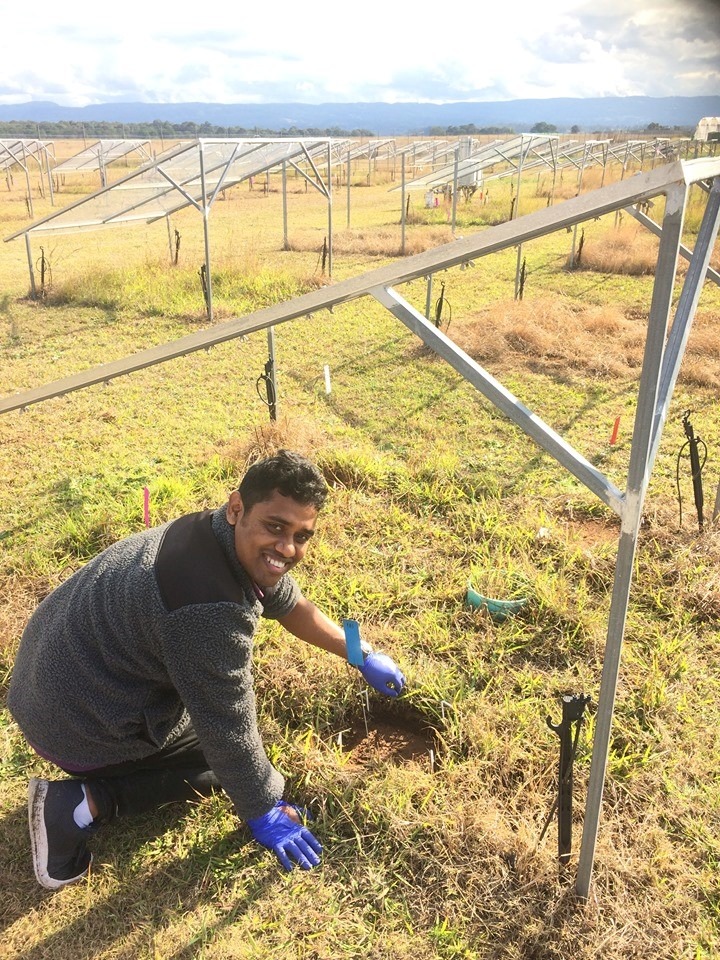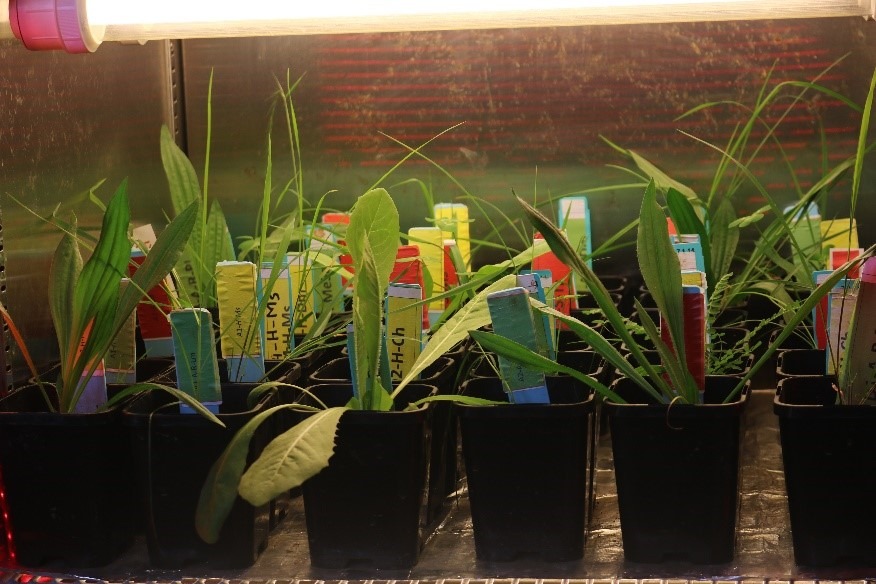

Microbial friends for sustainable agriculture, TropAg
October 30, 2019
The Crawford Fund’s Queensland Committee has again partnered with TropAg2019 to assist 10 young researchers from developing countries attend and present their science at this international conference which will be held in Brisbane from 11-13 November 2019. Successful candidates were chosen by a selection panel made up of representatives of The Crawford Fund and the TropAg2019 conference organisers, based on submitted abstracts of their research.
In the lead-up to the conference we will be publishing short blog posts written by the young researchers about their work. Here is our second blog.
By, Kamrul Hassan, Hawkesbury Institute for the Environment, Western Sydney University

I am so excited to achieve a Crawford Fund Scholarship to present my PhD research work at the TropAg2019 annual conference. I am a 2nd year PhD student at Hawkesbury Institute for the Environment, Western Sydney University, Australia. I have been awarded my bachelor degree in agricultural science from Bangladesh Agricultural University, and master’s degree in plant science from Wageningen University and Research Center, The Netherlands.
I have always dreamt of uplifting myself as scientist in the field of plant ecology with a combination of entomology and soil ecology. Linking with that, my PhD project is concentrating on “Plant-soil microbe interactions”: a complex interaction that range from negative such as below-ground herbivores and pathogens to positive. In particular, some fungi and bacteria can help to increase performance of a given plant which increases its chance of surviving in an ecosystem. Indeed, in many cases the plant relies so much on the microbes that they exchange sugar in return for mineral nutrients from the microbes. Such plant-microbe relationships are widely called mutualism meaning that both partners benefit from the interaction complex relations which can largely control our ecosystem.
One of the greatest concerns about observed and predicted global change is that this might be disturbing such beneficial interactions. If global change impairs the interactions, it may have a negative effect on plant performance. However, it is also possible that global change promotes these interactions so that beneficial microbes help the plant survive in an altered environment. In this case global change may not have as great impacts on plant communities as we would expect. For this reason, in my PhD, I am investigating how plant-soil microbial interactions change under drought conditions, and I’m particularly interested in whether the presence of beneficial microbes can help the plant tolerate drought conditions.
To gain insight into the effects of drought on plant-soil microbial interactions, I will perform a series of plant-soil feedback experiments which will show whether plants cultivate microbial communities that promote or reduce their own growth under drought conditions. If plants grow better in soils conditioned by an individual of the same species it is likely through increased positive interactions with the microbes. If these positive feedbacks become stronger under drought the effect of drought will be less than expected suggesting that the microbes help the plant tolerate these conditions.
Indeed, my first study indicate that positive PSFs help neutralize the effect of drought but this only occur in some. The outcome of my PhD likely to explain how important to maintain friendly relationship between individual plant species and their associated microbial friend for sustainable agricultural management under global change scenario.





